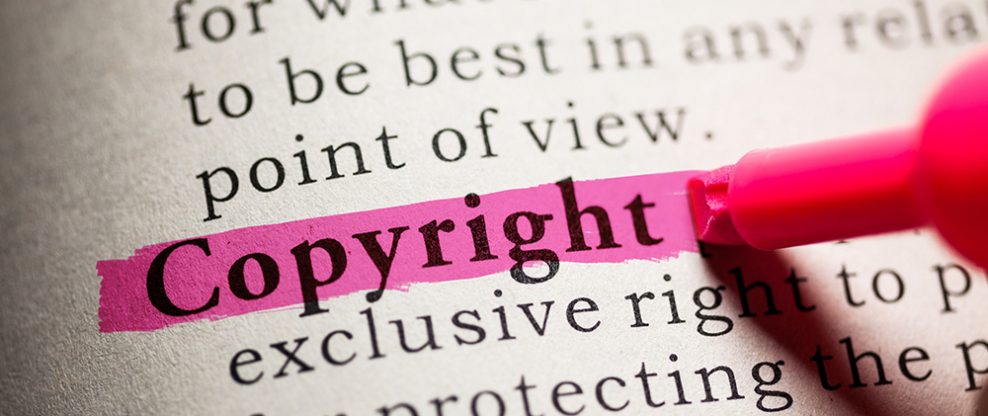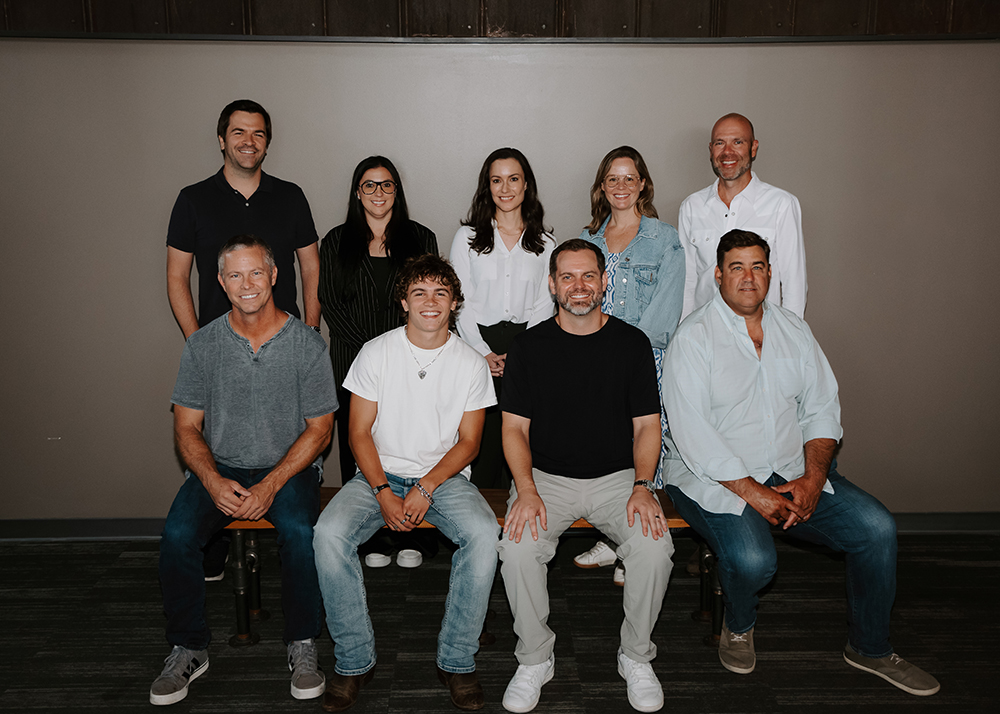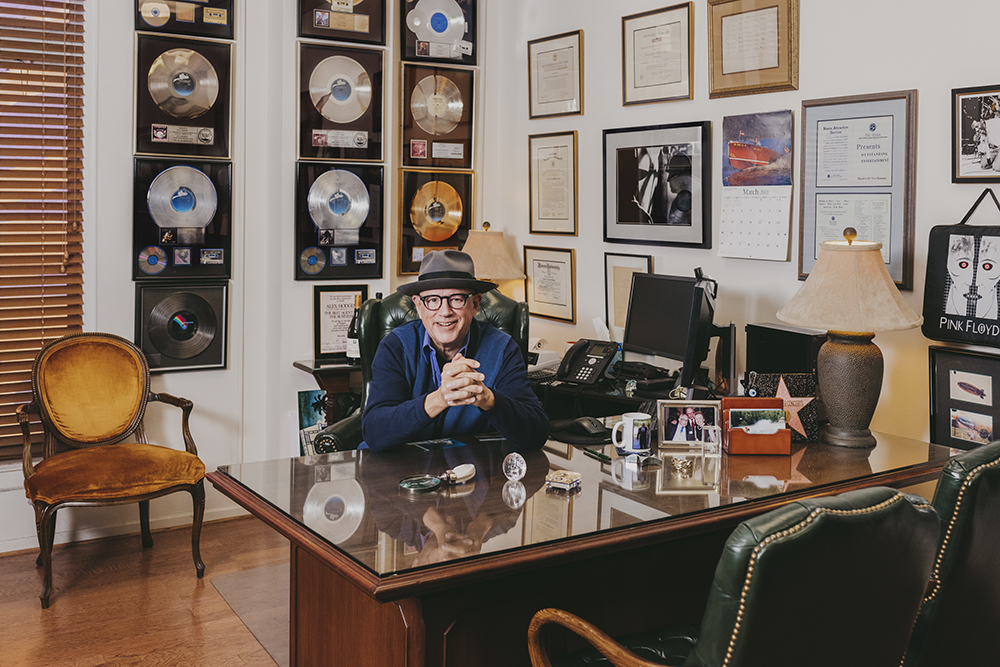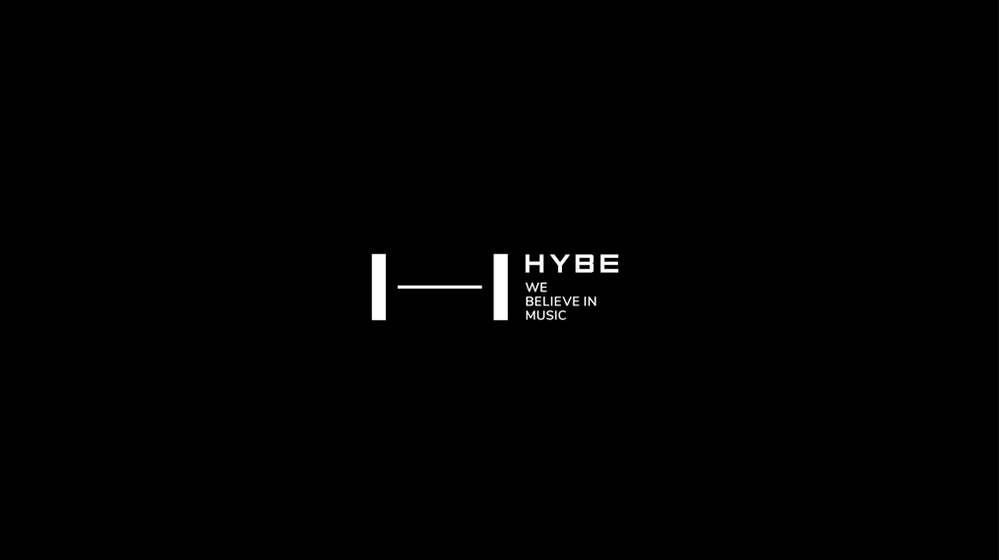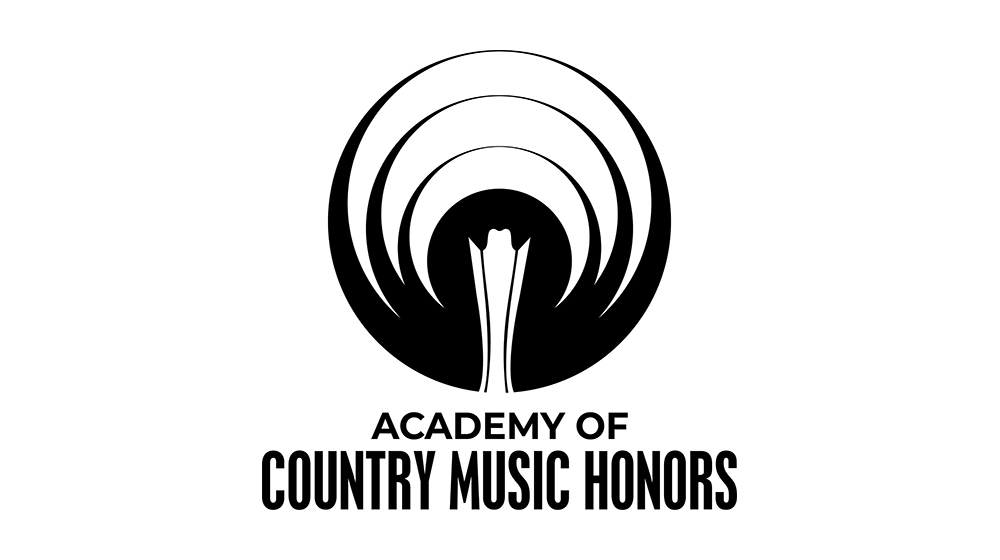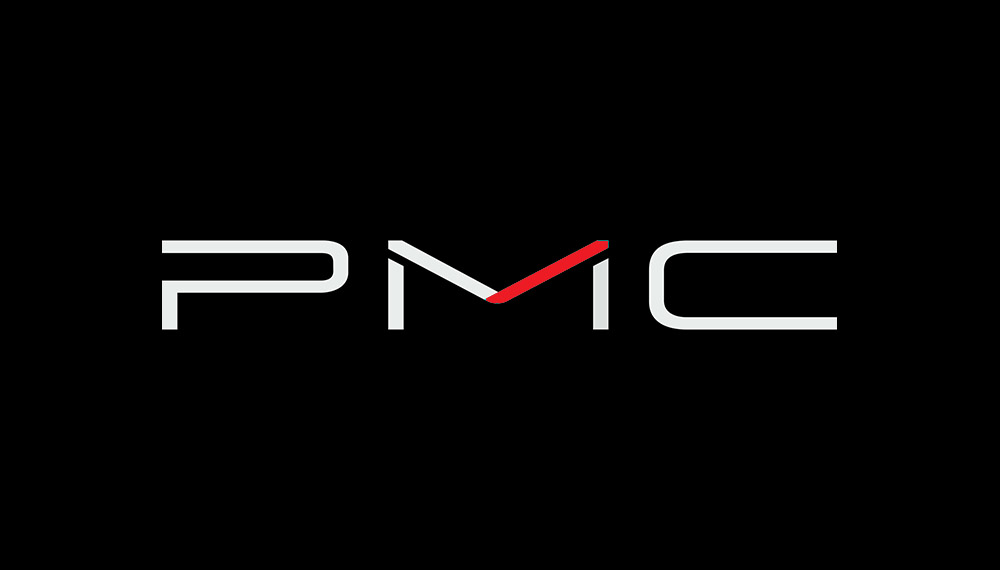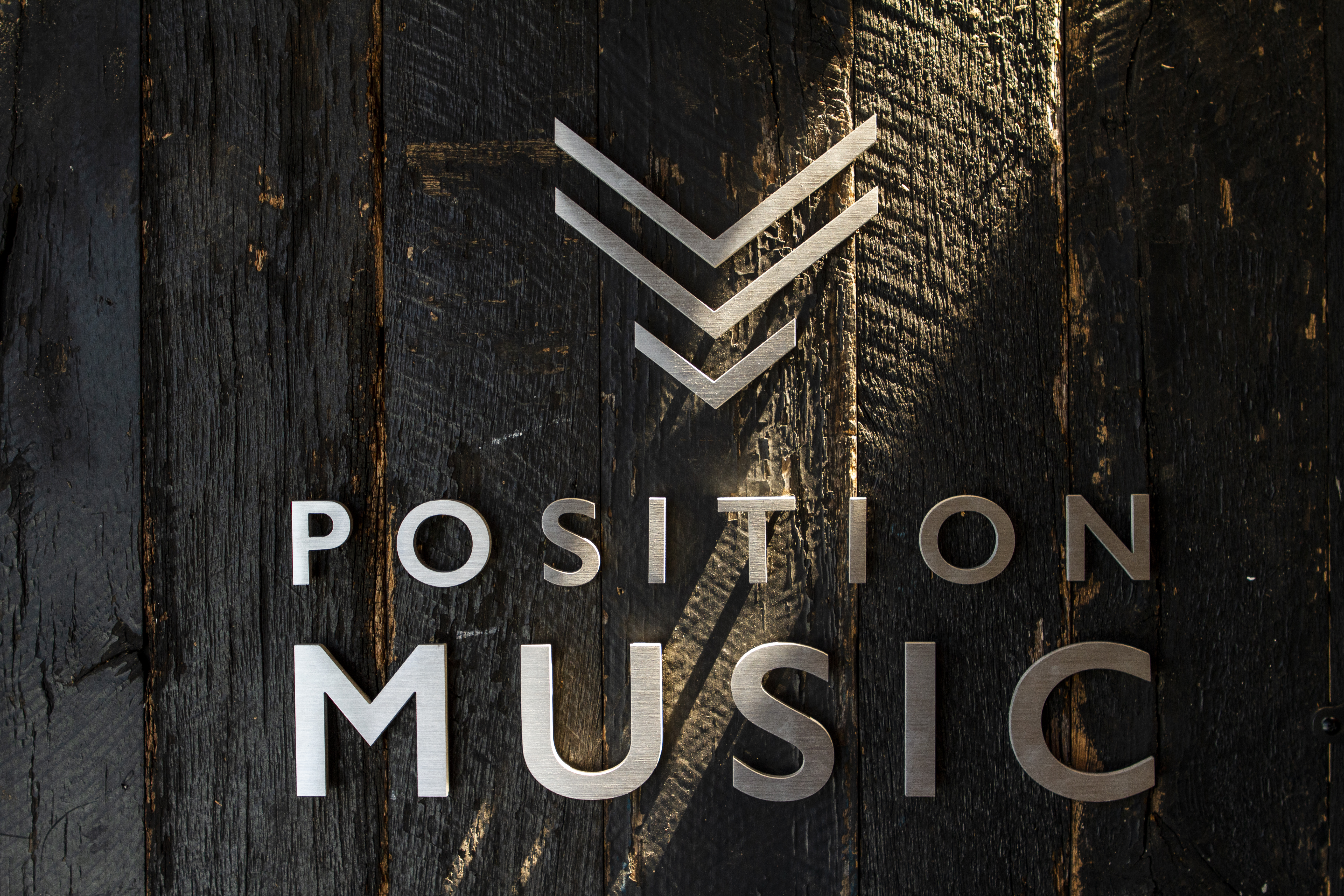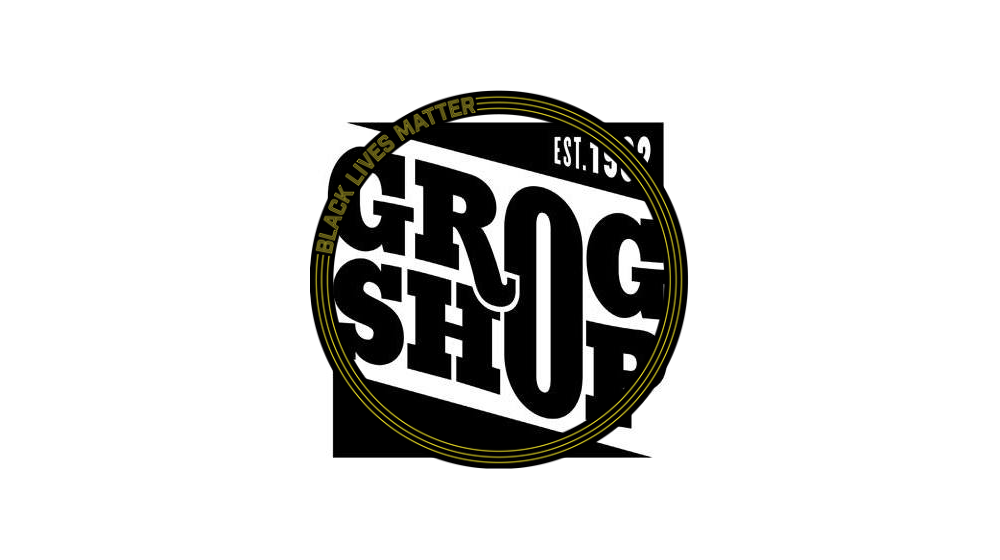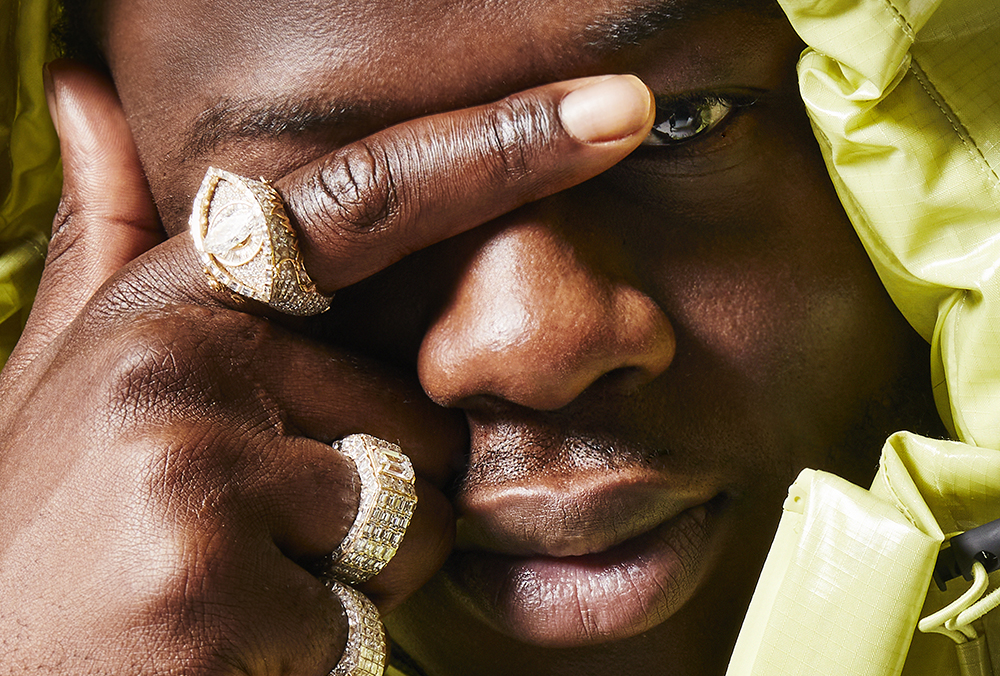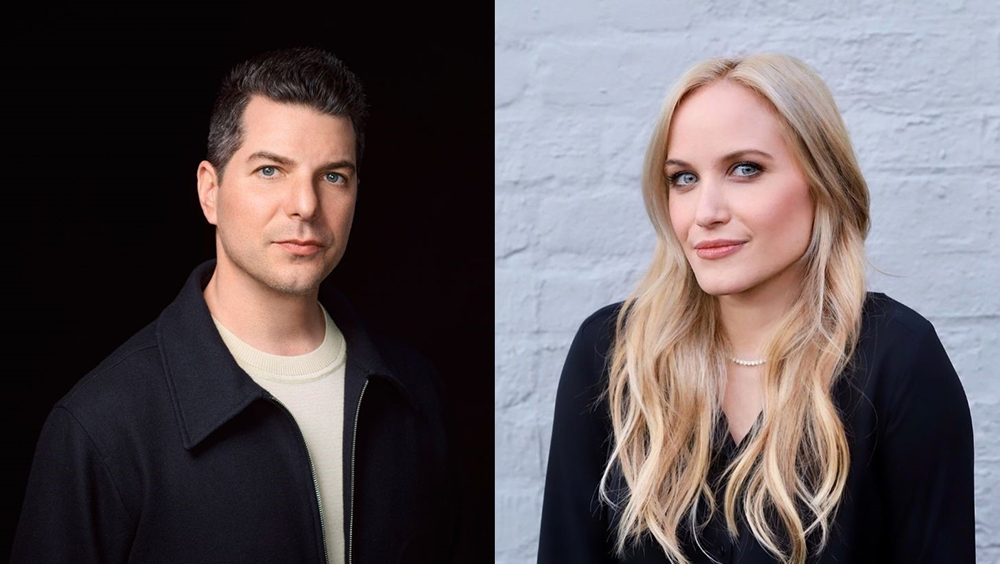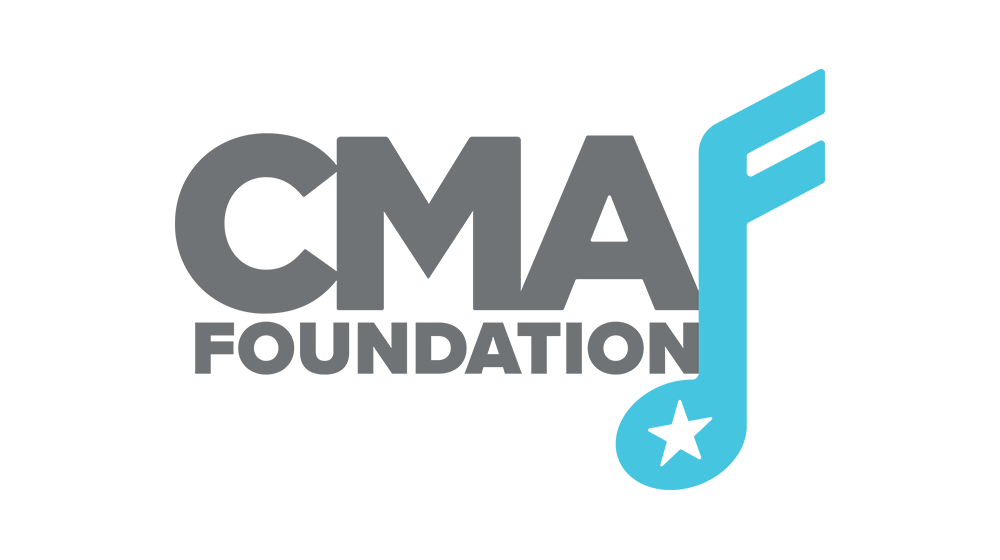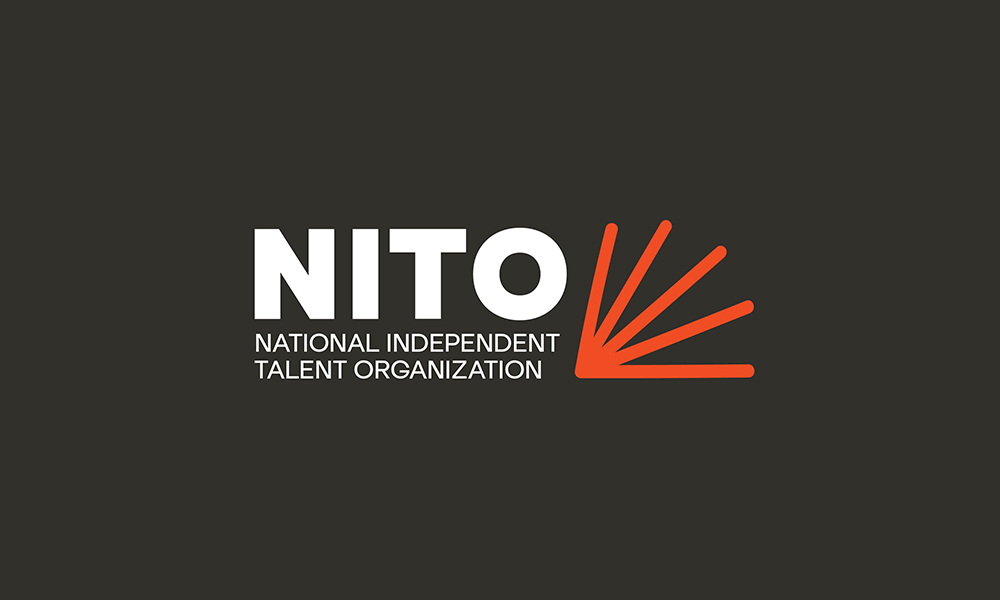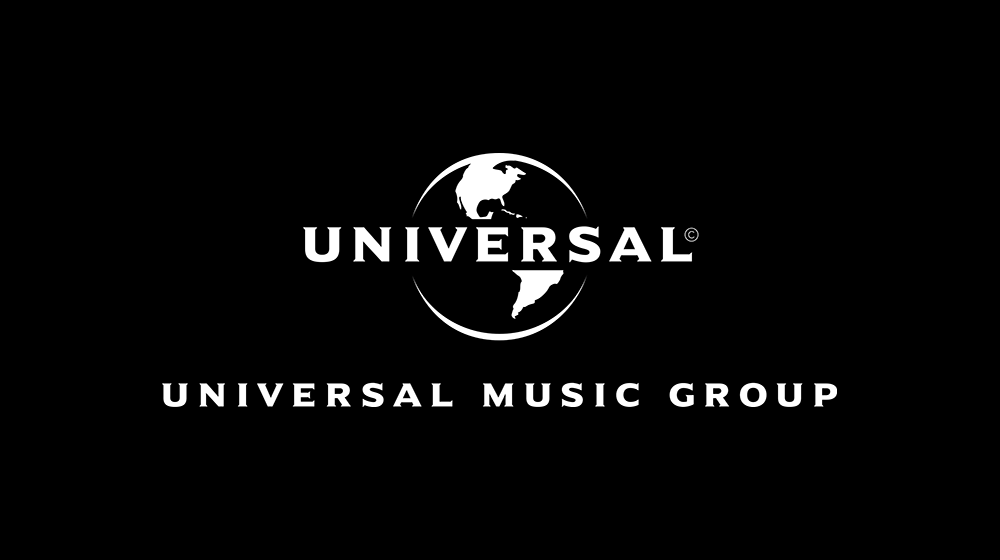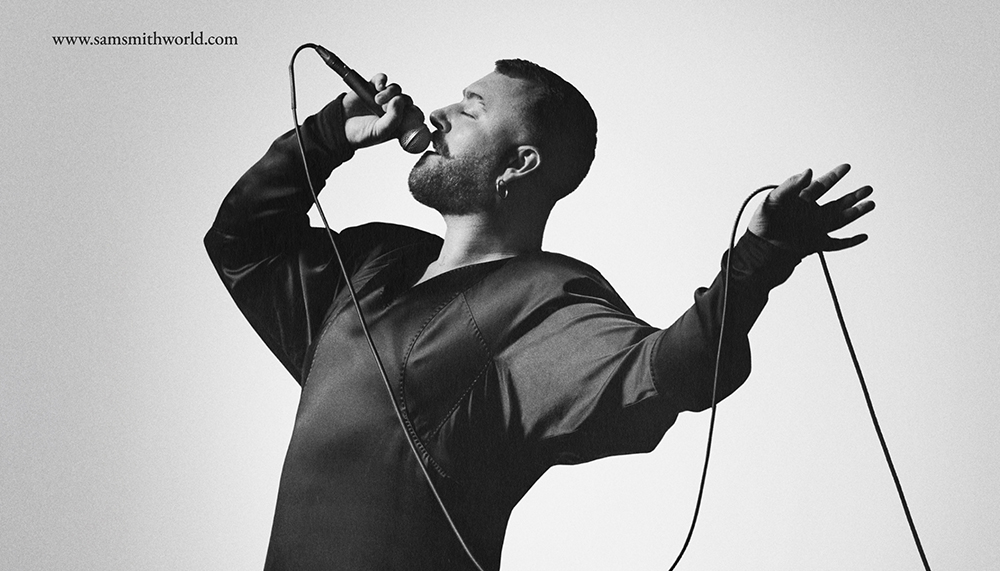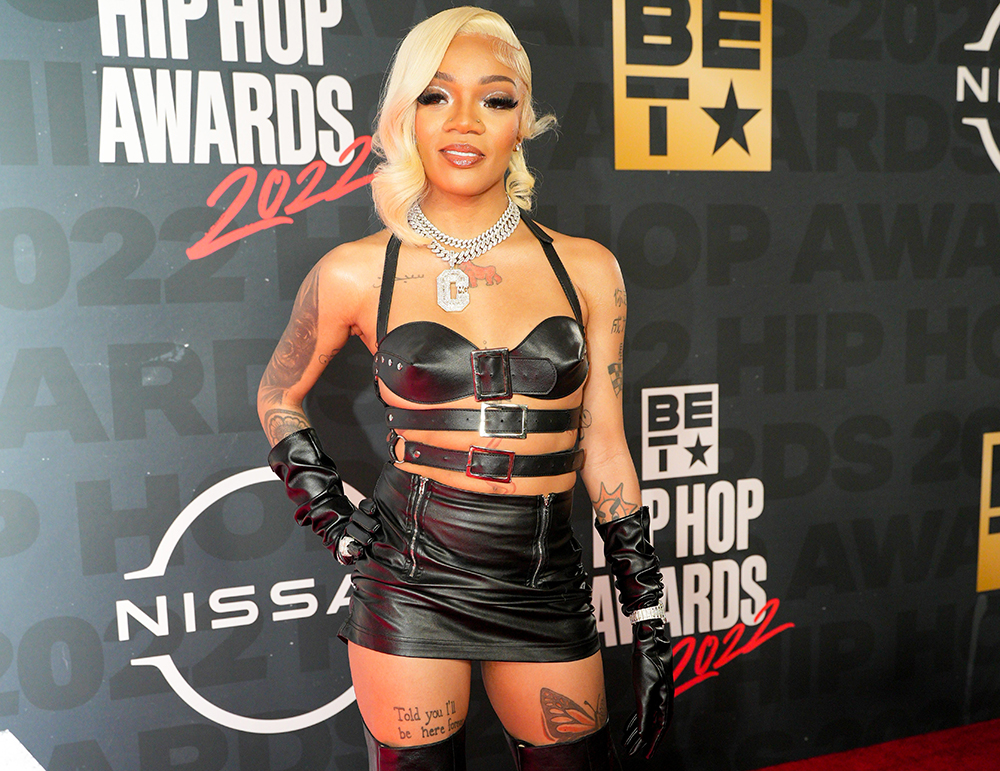(Hypebot) — Understanding the differences between publishing vs. master rights can make or break your music career. Learn how to protect your work, maximize revenue, and avoid costly mistakes that could impact your future in the industry.
Publishing vs. Master Rights
By: Brianna Schwartz, Partner and Co-Founder of Schwartz & Schreiber, PLLC
This Thursday, Schwartz joins fellow Schwartz & Schreiber Partner and Co-Founder Alexis Schreiber on The Women’s International Music Network livestreamed panel: #SheRocksIt: Legal Know-How: Essential Advice for Musicians And Industry Professionals.
As an entertainment lawyer, one of the common tasks I support in my day-to-day work is helping artists navigate their publishing and master rights, when to sell, why not to sell, and helping them think through the legal (and revenue) impact of each decision. These rights are fundamental to an artist’s ability to control, profit from, and protect their music. But it’s important artists understand the nuances of both so that they don’t make mistakes that can be difficult to reverse.
There are basic truths about publishing and master rights that artists need to understand, but first let’s start with what each represents and the benefits they give you.
Publishing Rights
Publishing rights protect the song’s underlying composition, including melody and lyrics. This is the foundation of the song. Think of this as the blueprint of a house – all the inherent instructions and building blocks on how to make it. When you own these rights, you can control several income streams. This includes mechanical royalties, which come from reproductions like album sales and downloads, and performance royalties which are generated whenever your song is played publicly, such as on the radio, during live performances, or through streaming services. Sync licensing fees are earned when your music is paired with visual media like TV shows, movies, or commercials. Additionally, you can make money from print music sales and grand rights royalties from theatrical productions.
However, if you sign away your publishing rights — the core building blocks of your song — you lose control over how your music is used and how you may profit from it. This means you may have little to no say in these revenue channels, which can significantly impact your earnings and creative control.
Master Rights
Master rights, on the other hand, protect the actual sound recording of your song. Where Publishing Rights may be like the blueprints of the house, owning the master rights is like owning the house itself. These rights cover the specific sound and arrangement captured in the recording. When you own master rights, you control the recording itself and the associated revenue streams. This includes digital performance royalties from digital radio services, sync licensing fees for using the master recording in visual media, streaming royalties from platforms like Spotify and YouTube, and sampling royalties from other artists sampling your master recordings.
Surrendering your master rights means losing control over these recordings and the income they generate. Traditionally, labels owned master rights, but the landscape has shifted significantly. Nowadays, many artists retain these rights to maximize income streams and maintain creative control. By holding onto the master rights, artists can tap into various royalty streams beyond just the initial recording deal. Additionally, they have the flexibility to license the master to a label for a specified period, usually in exchange for an advance.
Ownership Trends
In my experience advising clients, I often recommend retaining master rights whenever possible. I’ve seen cases where artists have negotiated deals with major labels without relinquishing these rights, and it’s becoming more prevalent in the industry. For example, I recently had two clients in negotiations with Sony—one considering giving away masters and the other holding firm. I advised the latter against surrendering master rights. It’s simply not as common these days, and it’s generally not advised unless there are compelling reasons specific to the situation.
Helpful Tips: Master and Publishing Rights
Owning publishing and master rights provides a strong legal foundation, crucial for protecting your work in cases of plagiarism or unauthorized use. Registering your works with the Copyright Office is essential for enforcing your rights in court, this is an absolute must-do and I encourage all artists to start there. Registration is a prerequisite for filing a lawsuit and seeking statutory damages, which can range from $750 to $30,000 per infringement.
The Digital Millennium Copyright Act (DMCA) allows copyright holders to file takedown notices to remove infringing content from platforms like YouTube. This not only helps protect the copyrighted material but also preserves the right to send cease and desist notices to infringing parties. These notices can serve as a formal demand to stop using the material and can open the door to negotiating licensing agreements if the infringing party wishes to use the work legally. Thus, the DMCA process can be a crucial first step in both protecting your rights and potentially establishing a mutually beneficial agreement.
To own a master recording, secure agreements from all contributors. This means everyone involved in its creation, including artists, engineers, and mixers. Use “work for hire” agreements to clarify retention of rights, then file the recording with the Copyright Office to formalize ownership. I also encourage memberships with organizations like SoundExchange, ASCAP/BMI, and the MLC to collect royalties.
When deciding whether to sign away your publishing or master rights, weigh the potential loss of income and control. By understanding and strategically managing your publishing and master rights, you can maximize your earnings and uphold your creative autonomy in the music industry.
About the author: Brianna Schwartz, Partner and Co-Founder of Schwartz & Schreiber, PLLC, revolutionizes music and entertainment law with a focus on GRAMMY® Award-winning talent, festival creators, record labels, and industry pioneers. With a background in music, entertainment, and intellectual property law, she forges lasting partnerships with clients to achieve their long-term goals. Previously, as a senior associate at DiSchino & Schamy, PLLC, she led the music and entertainment department, managing a vast intellectual property portfolio. Brianna’s journey began at the University of Miami, where she earned a Juris Doctorate and a Master’s in Music Business and Entertainment. Admitted to the Florida Bar in 2016, she honed her skills through legal clerkships and entrepreneurial ventures. Committed to philanthropy, she supports initiatives like the Miami Music Project. A proud South Florida native, she brings a dynamic perspective to her practice.

